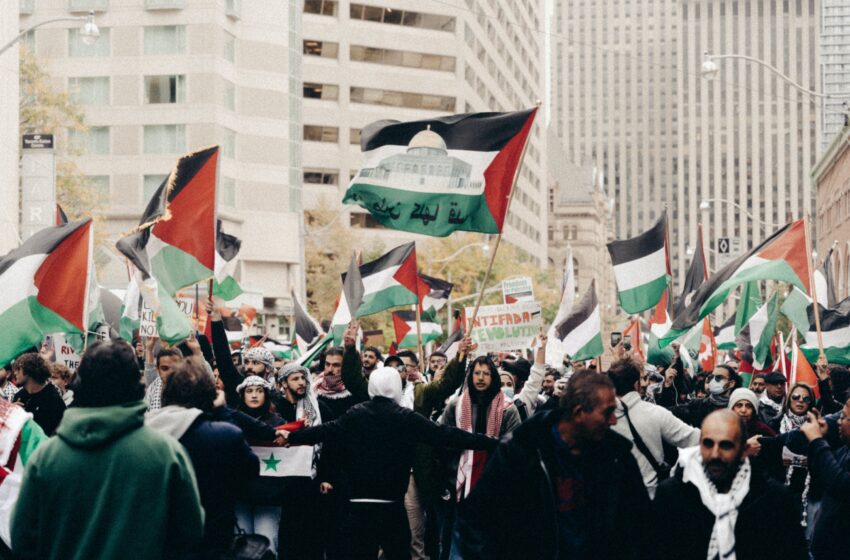
India’s Stance in West Asia West AsiaWest Asiaand Jordan’s Call for Collaboration
In the complex geopolitical landscape of the ongoing Israel-Hamas conflict, India’s recent abstention from voting on a Jordan-led resolution at the UN General Assembly has sparked conversations about diplomatic intricacies and the role of emerging powers. The Jordanian envoy to India, Mohamed Salam Jameel A.F. El-Kayed, addressed India’s decision, emphasizing the respect for each country’s sovereign stance by its interests.
Navigating the UN Vote: India’s Abstention and Jordan’s Ceasefire Call
Last month, the UN General Assembly witnessed a resolution led by Jordan, advocating for an immediate humanitarian truce and “unhindered” humanitarian access to Gaza. Among other nations, India chose to abstain from the vote, a decision met with understanding from the Jordanian envoy. Ambassador El-Kayed reiterated Jordan’s precise position, calling for an urgent ceasefire to prevent further civilian casualties.
Respecting Sovereign Decisions: Jordan’s Diplomatic Approach
In an exclusive interview with ANI, Ambassador El-Kayed underlined Jordan’s respect for India’s decision, stating, “It is India’s decision. We respect that. We don’t interfere in that. Each country takes its stand according to its interests.” This diplomatic nuance highlights the principle of non-interference in sovereign decisions, emphasizing the autonomy of nations in shaping their foreign policies.
India as an Emerging Power: A Potential Mediator?
The envoy acknowledged India’s evolving global role, branding it as an “emerging power” capable of playing a constructive role in conflict resolution. While discussing the conversation between Prime Minister Narendra Modi and King Abdullah II of Jordan, El-Kayed expressed optimism about India’s potential involvement in resolving the crisis. He stated, “India is an emerging power in the world & is getting involved in many international issues and has already sent aid. I think India can play a role in that situation to solve the problem and to save the lives of people who are killed there.”
The Humanitarian Crisis: Jordan’s Aid and Condemnation of Bombardment
As the conflict escalates, Jordan has actively addressed the humanitarian crisis. King Abdullah II confirmed the airdrop of “urgent medical aid” to a field hospital in Gaza, emphasizing the duty to aid the injured. The envoy highlighted the dire situation, stating, “The Israeli forces are bombarding hospitals, schools, everything. So, Jordan cannot stay silent.” This move positions Jordan as a proactive actor in providing humanitarian assistance amid the escalating violence.
Hopes for Peace: Jordan’s Role in Conflict Resolution
When asked about Jordan’s role in resolving the conflict and potential repercussions on the West Asia region, the envoy expressed hope for a peaceful resolution. He stated, “We hope that no spillover or repercussion will happen,” emphasizing Jordan’s consistent support for a two-state solution and commitment to pushing the peace process. Jordan, he added, has always maintained diplomatic relations with various stakeholders and actively supported the Palestinian cause.
IDF Strike and Ongoing Developments
Amidst the diplomatic discussions, the Israel Defence Forces (IDF) reported a significant development in the conflict. The IDF claimed to have killed Muhsin Abu Zina, a key figure in Hamas’s weapons manufacturing apparatus, in an overnight airstrike. The military identified him as the head of Hamas’s “industries and weaponry” division. This development adds a layer of complexity to the already tense situation.
In conclusion, the evolving dynamics of India’s diplomatic choices, Jordan’s proactive stance, and the IDF’s recent strike contribute to the intricate tapestry of the Israel-Hamas conflict. As diplomatic dialogues continue and nations navigate their roles, the hope for a peaceful resolution remains paramount, underscoring the urgency of addressing the humanitarian crisis in Gaza.






